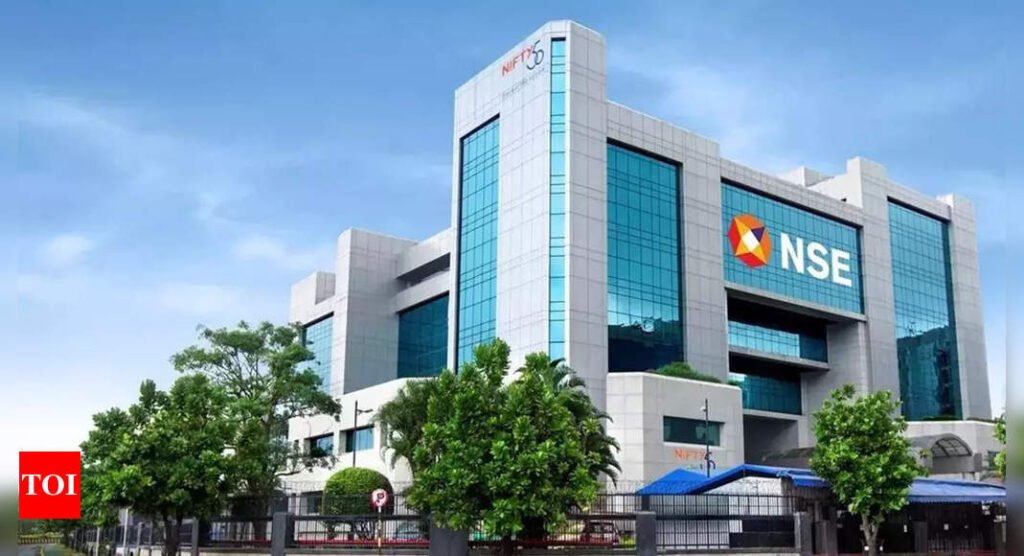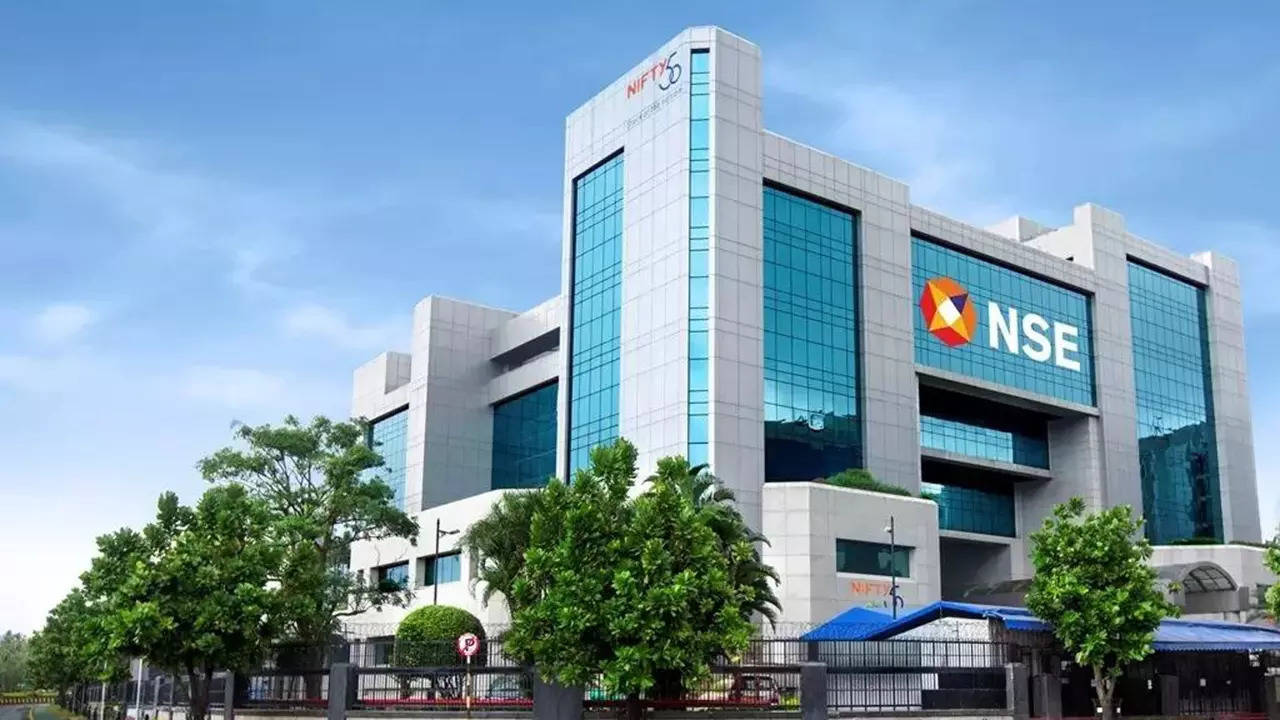[ad_1]
NEW DELHI: India faces a general election in about six months. If history is a guide, it’s the time to bet on the nation’s equities.
The benchmark NSE Nifty 50 Index has climbed in the six months leading to the vote in each of the past five elections, posting an average 16% return during the period, data compiled by Bloomberg show. Gains in the three months after the polls have averaged more than 3%.
Prime Minister Narendra Modi faces test in five state polls this month before the nationwide contest in the summer of 2024.As elections draw near, the government may increase spending to support consumption and boost sentiment, JPMorgan Chase & Co. strategists said in a note last month, while upgrading local equities to overweight.
“Investors tend to favor continuity of the government that has a majority,” said Vijay Bhambwani, a Mumbai-based proprietary trader. “For now, the sentiment on the street suggests that this pattern is likely to repeat.”
Modi remains popular in India, according to a recent survey, and is expected to extend his decade in power. Still, his Bharatiya Janata Party may lose ground in the five local polls, an outcome that will affect market sentiment, according to Antique Stock Broking.
“This is then likely to present a good entry point,” analysts led by Pankaj Chhaochharia wrote in a November 3 note. Local polls results “are not a good barometer” of the national election and the BJP is likely to retain power despite the “projected weakness” at the state level, they said.
To be sure, expensive equity valuations and global headwinds underpin the market’s expectation of Modi winning a third term.
The Nifty is trading at 18.5 times its one-year forward earnings, making it among the most expensive national gauges in Asia. Global funds have pulled more than $5 billion from local shares since Sept. 1, following six months of inflows that drove up India’s stock market value to a record $3.8 trillion.
An emergence of a weak coalition in the election is “the key risk” for markets, Morgan Stanley’s economists led by Chetan Ahya wrote in a note on Sunday. That could lead to a “pivot back toward redistributive policies” at the expense of boosting capex, they said. Stocks may plunge 25% if the BJP faces a surprise defeat, as happened in 2004, Chris Wood, the global head of equity strategy at Jefferies LLC, said at an event in Mumbai last month.
For now, the bulls have history on their side. And it also holds true for the rupee and bonds. The currency has gained an average 1.7% versus the dollar in the six months preceding an election, while the benchmark 10-year yield has dropped by an average 35 basis points in the period, data compiled by Bloomberg show.
The case for Indian assets also rests on the so-called “TINA factor,” or there is no alternative, given the growth in earnings and the economy, said Deepak Jasani, head of retail research at HDFC Securities Ltd.
“Although the global geopolitical situation is not conducive and the inflation/interest rate situation does not seem to be under control, our markets may still attract flows,” he said.
The benchmark NSE Nifty 50 Index has climbed in the six months leading to the vote in each of the past five elections, posting an average 16% return during the period, data compiled by Bloomberg show. Gains in the three months after the polls have averaged more than 3%.
Prime Minister Narendra Modi faces test in five state polls this month before the nationwide contest in the summer of 2024.As elections draw near, the government may increase spending to support consumption and boost sentiment, JPMorgan Chase & Co. strategists said in a note last month, while upgrading local equities to overweight.
“Investors tend to favor continuity of the government that has a majority,” said Vijay Bhambwani, a Mumbai-based proprietary trader. “For now, the sentiment on the street suggests that this pattern is likely to repeat.”
Modi remains popular in India, according to a recent survey, and is expected to extend his decade in power. Still, his Bharatiya Janata Party may lose ground in the five local polls, an outcome that will affect market sentiment, according to Antique Stock Broking.
“This is then likely to present a good entry point,” analysts led by Pankaj Chhaochharia wrote in a November 3 note. Local polls results “are not a good barometer” of the national election and the BJP is likely to retain power despite the “projected weakness” at the state level, they said.
To be sure, expensive equity valuations and global headwinds underpin the market’s expectation of Modi winning a third term.
The Nifty is trading at 18.5 times its one-year forward earnings, making it among the most expensive national gauges in Asia. Global funds have pulled more than $5 billion from local shares since Sept. 1, following six months of inflows that drove up India’s stock market value to a record $3.8 trillion.
An emergence of a weak coalition in the election is “the key risk” for markets, Morgan Stanley’s economists led by Chetan Ahya wrote in a note on Sunday. That could lead to a “pivot back toward redistributive policies” at the expense of boosting capex, they said. Stocks may plunge 25% if the BJP faces a surprise defeat, as happened in 2004, Chris Wood, the global head of equity strategy at Jefferies LLC, said at an event in Mumbai last month.
For now, the bulls have history on their side. And it also holds true for the rupee and bonds. The currency has gained an average 1.7% versus the dollar in the six months preceding an election, while the benchmark 10-year yield has dropped by an average 35 basis points in the period, data compiled by Bloomberg show.
The case for Indian assets also rests on the so-called “TINA factor,” or there is no alternative, given the growth in earnings and the economy, said Deepak Jasani, head of retail research at HDFC Securities Ltd.
“Although the global geopolitical situation is not conducive and the inflation/interest rate situation does not seem to be under control, our markets may still attract flows,” he said.
[ad_2]
Source link











More Stories
India’S Growth Forecast: S&P ups India’s FY’24 growth forecast to 6.4% on robust domestic momentum
India to remain fastest-growing major economy, but demand uneven: Poll
Jack Ma: Jack Ma gets back into business with ‘Ma’s Kitchen Food’